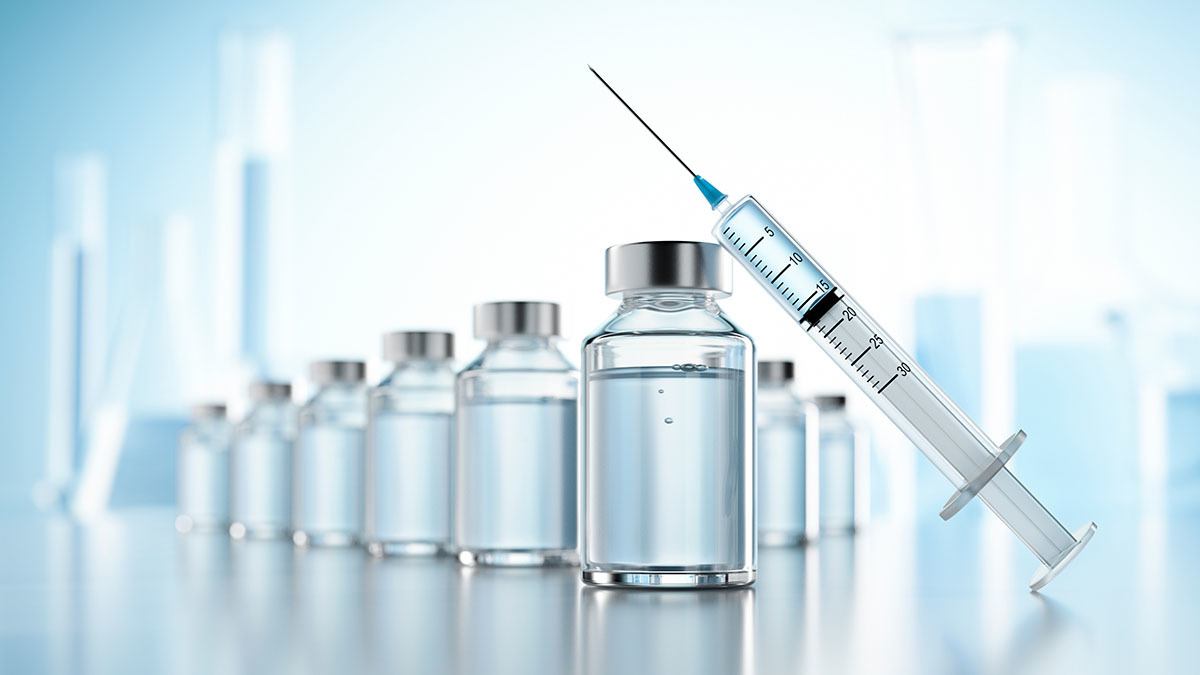USP Plastic Packaging Leachables Testing
The USP Plastic Packaging Leachables Testing is a critical service for pharmaceutical companies ensuring the safety and quality of their products. This testing evaluates leachable substances from plastic packaging materials that may come into contact with drug products or excipients during storage, transportation, and distribution. The primary goal is to identify potential contaminants that could migrate into the product, which can adversely affect its stability and efficacy.
The USP 87 chapter defines a comprehensive set of procedures for testing leachables from plastic packaging materials used in pharmaceutical manufacturing. This includes polyethylene (PE), polystyrene (PS), polyvinyl chloride (PVC), polycarbonate (PC), and other commonly encountered plastics. The service involves intricate sample preparation, analytical techniques, and stringent quality control measures to adhere strictly to the USP guidelines.
The testing process begins with careful selection of packaging materials based on their intended use in the pharmaceutical industry. Specimens are then prepared according to specified protocols to ensure accurate leachables analysis. Instrumentation used for this service includes high-performance liquid chromatography (HPLC), gas chromatography-mass spectrometry (GC-MS), and inductively coupled plasma mass spectrometry (ICP-MS). These analytical tools provide precise quantification of detected substances.
Acceptance criteria are based on USP limits for leachables, which vary depending on the plastic type and its intended use. Compliance with these standards ensures that the packaging does not introduce unacceptable levels of contaminants into the drug product. The service also includes comprehensive reporting that details all test parameters, analytical methods used, results obtained, and conclusions drawn.
| Material | USP Leachable Limits (mg/L) |
|---|---|
| Polyethylene (PE) | <1.0 mg/L for most applications |
| Polystyrene (PS) | <2.0 mg/L for most applications |
| Polyvinyl Chloride (PVC) | <3.0 mg/L for most applications |
| Polycarbonate (PC) | <4.0 mg/L for most applications |
The service is essential for pharmaceutical companies to ensure compliance with regulatory requirements set by the United States Pharmacopeial Convention (USP). It helps protect patient safety and ensures product integrity, thereby maintaining trust in the industry.
- Ensures compliance with USP guidelines
- Aids in protecting patient health
- Maintains product quality and integrity
- Enhances trust within the pharmaceutical industry
- Facilitates regulatory approval processes
- Reduces risks associated with packaging materials
Benefits of USP Plastic Packaging Leachables Testing
The benefits of conducting USP plastic packaging leachables testing are multifaceted and crucial for pharmaceutical companies. By identifying potential contaminants early in the supply chain, this service helps prevent costly recalls and product withdrawals. It also ensures regulatory compliance, which is essential for maintaining a positive reputation within the industry.
Compliance with USP guidelines not only protects patient health but also minimizes legal risks associated with non-compliant products. The testing process enhances product reliability by ensuring that packaging materials do not introduce unacceptable levels of contaminants into drug products. This builds trust among stakeholders, including healthcare providers and consumers, leading to increased market acceptance.
The service supports faster regulatory approval processes by providing robust data on leachable substances from plastic packaging materials. It also reduces risks associated with packaging materials, thereby protecting the company's reputation and financial stability.
- Ensures compliance with USP guidelines
- Promotes patient safety
- Maintains product integrity and quality
- Enhances trust in pharmaceutical products
- Facilitates faster regulatory approval processes
- Reduces risks associated with packaging materials
Quality and Reliability Assurance
The quality and reliability assurance for USP plastic packaging leachables testing are paramount to ensure the accuracy and consistency of results. Rigorous quality control measures are implemented throughout the testing process, from sample preparation to final reporting.
- Sample Preparation: Samples are prepared according to strict protocols to minimize contamination and ensure accurate analysis.
- Analytical Techniques: High-performance liquid chromatography (HPLC), gas chromatography-mass spectrometry (GC-MS), and inductively coupled plasma mass spectrometry (ICP-MS) are used for precise quantification of detected substances.
- Data Analysis: Data is analyzed using statistical methods to ensure accuracy and precision. Results are compared against USP limits for leachables from plastic packaging materials.
- Reporting: Comprehensive reports detailing all test parameters, analytical methods used, results obtained, and conclusions drawn are provided to clients.
The service adheres strictly to international standards such as USP 87, ensuring that the testing process is consistent with recognized best practices in the industry. This consistency contributes to reliable and repeatable results, which are essential for maintaining product quality and integrity.
Use Cases and Application Examples
The USP plastic packaging leachables testing is widely used in various scenarios within the pharmaceutical sector. Here are some real-world application examples:
- New Drug Application (NDA): Testing during the NDA process to ensure compliance with regulatory requirements.
- Packaging Changes: Evaluating changes in packaging materials before market release.
- Batch Release: Conducting tests on each batch of drug products to verify that packaging does not introduce unacceptable levels of contaminants.
The table below provides specific use cases and examples:
| Use Case | Example |
|---|---|
| New Drug Application (NDA) | Evaluating packaging materials for a new drug product. |
| Packaging Changes | Assessing changes in plastic containers used for drug storage. |
| Batch Release | Testing each batch of a drug product to ensure compliance with USP guidelines. |
The service plays a vital role in ensuring that the packaging materials used in pharmaceutical manufacturing do not introduce unacceptable levels of contaminants into drug products. This is crucial for maintaining product integrity, protecting patient health, and supporting regulatory compliance.





